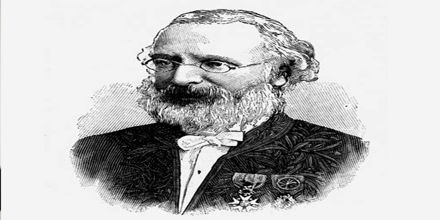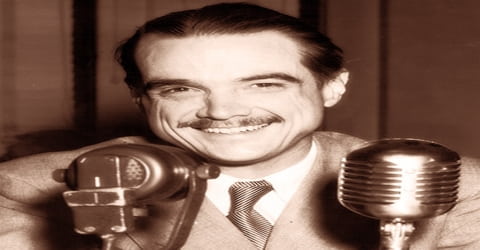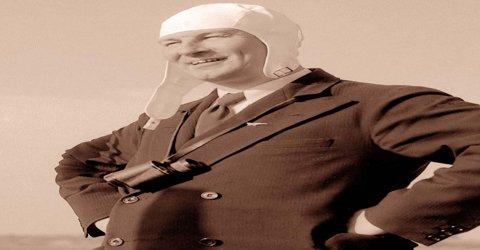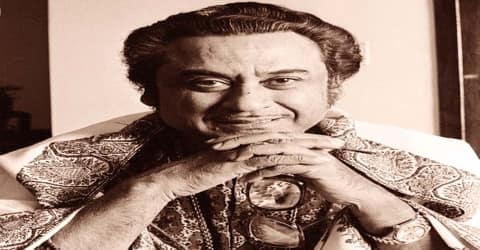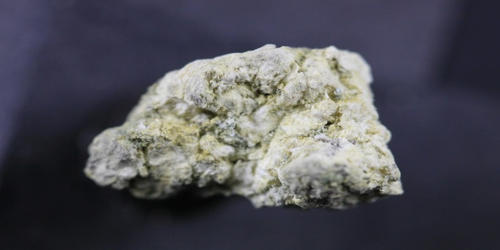Born: May 20, 1822; Paris, France
Died: June 12, 1912 (aged 90); Neuilly-sur-Seine, France
Nationality: French
Education: University of Paris
Occupation: Economist
Awards: Nobel Peace Prize (1901)
Frederic Passy was an economist and a peace activist who received the first Nobel Peace Prize along with Henri Durant, the founder of the Red Cross. Passy mooted the idea that nations would stop fighting if they engaged in free trade. He came from a family of civil servants who had been members of various governments in France. He was inspired by the work of his elders and also joined politics in order to promote his own ideas about peace and harmony through free trade. He was a devout follower of the greatest economists of those times such as Richard Cobden and believed that when nations became partners in some joint enterprise, there would be less chance of a fight cropping up between them.
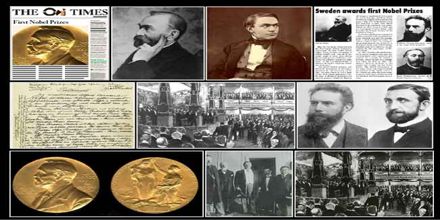
Passy was a renowned speaker, noted for the intellectual demands he made on his audiences, as well as for his powerful voice, his ample gestures, and his majestic and dignified manner.
Childhood & Early Life
Frederic Passy was born in Paris, France, on May 20, 1822 to Felix Passy who was a veteran of the Battle of Waterloo. His mother was Marie-Louis-Pauline Salleron.
His uncle Hippolyte Passy was a politician who rose to be a cabinet minister in the governments under Louis Phillippe and also under Louis Napoleon.
In his initial days he studied to become a lawyer and practiced law for a few years before joining politics.
Career
Frederic Passy joined the State Council as an accountant and worked for the department from 1846 until 1849.
He withdrew from politics after Louis Napoleon’s coup d’état and became a professional economist in 1857, and began to teach political economy in Paris and the provinces in 1860. His work on bringing international peace started with the Crimean war which took place between 1853 to1856. His essays and lectures which came out in 1857 made him famous throughout the country. He pleaded for peace to avert the war between France and Prussia over Luxembourg through the periodical ‘Le Temps’ in 1867. He founded the ‘International and Permanent League of Peace’ or the ‘Ligue Internationale et permanente de la paix’ in 1868 which was devoted to prevent future wars between countries and became its permanent secretary. This league was disbanded after the Franco-Prussian war, which took place in 1870 to 1871
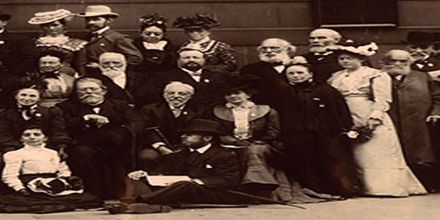
He joined the ‘Academie des sciences morales et politiques’ in 1877 as a member. The academy was a part of the ‘Institut de France’. For 70 years of his life, Passy continued in the post of President of the ‘Society of Political Economy’. He became an elected member of the ‘Chamber of Deputies’ in the government in 1881 and 1885 but was defeated in 1889.
Passy was a leftist republican in the Chamber of deputies and formed the first ‘French Peace Society’ whose first congress was held during the World exhibition in 1878. He reorganized the disbanded league under the name ‘Societe francaise des amis de la paix’ which later became the ‘Societe francaise pour l’arbitrage entre nations’ or the ‘French Society for International Arbitration’ in 1889.
After getting elected to the ‘Chamber of Deputies’ in 1881 he was successful in brokering a peace between Netherlands and France over the border concerning French Guiana and Surinam.
In 1888 he helped to form the ‘Inter-Parliamentary Union’ and became one of the presidents. The union consisted of countries such as the United States, France, Belgium, Hungary, Italy, Denmark and Spain. In 1888 he was able to bring the French deputies and the British parliamentarians to a meeting where the main topic of discussion was international arbitration in organized manner.
He taught political economy at different colleges from 1881 to 1902 and wrote many books and articles. His great voice, gestures and noble appearance could easily convince his listeners.
Major Works
The essays titled ‘Melanges economics’ was the first of his many essays to bring Frederic Passy into the limelight of political economics.
He published an essay titled ‘Pour la paix’ in 1909 which is a chronicle of all the peace and arbitration organizations that he had been associated with during his lifetime.
Awards & Achievements
Frederic Passy was honored with the ‘Legion of Honor’ in 1877.
In 1901 he was awarded the first Nobel Peace Prize jointly with Jean Henri Dunant who was the founder of the International Red Cross Society.
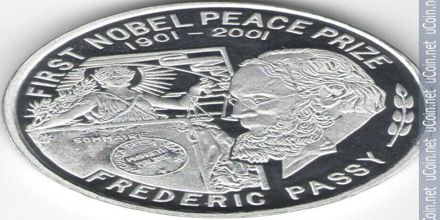
Humanitarian Work
Frederic Passy spent his whole life bringing about peace to countries that were either on the verge of a war or were already engaged in a conflict. He tried to bring the warring sides to the negotiating table to prevent hostilities.
Works
- Mélanges économiques (1857)
- De la Propriété Intellectuelle (1859)
- De l’Enseignement obligatoire (1859)
- Leçons d’économie politique (1860–61)
- La Démocratie et l’Instruction (1864)
- La Guerre et la Paix (1867)
- L’Histoire du Travail (1873)
- Malthus et sa Doctrine (1868)
- La Solidarité du Travail et du Capital (1875)
- L’Histoire et les sciences morales et politiques (1879)
- Le Petit Poucet du 19ième Siècle: George Stephenson (1881)
- Historique du mouvement de la paix (1905)
Death
Frederic Passy died at the age of 90 in Neuilly-sur-Seine, France on June 12, 1912.
He is regarded as the ‘Dean’ of the movement for international peace and arbitration in all kinds of conflicts and disputes.
